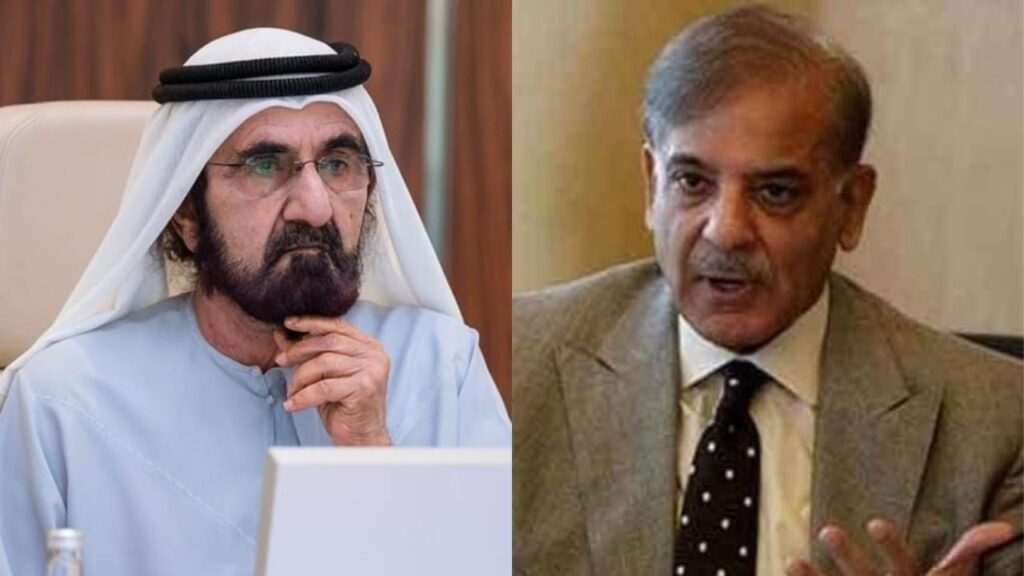Dubai’s Ruler, Sheikh Mohammed Launches Phase II of “Zero Bureaucracy” Programme
Dubai, June 16, 2025 | His Highness Sheikh Mohammed bin Rashid Al Maktoum, Vice President & Prime Minister of the UAE and Ruler of Dubai, today unveiled the second phase of the UAE government’s flagship “Zero Bureaucracy” initiative. In a post on his official X (formerly Twitter) account, he stated:
“Today, we launched the second phase of the Zero Bureaucracy programme in the UAE government… a national project to create simpler, faster, and more effective government services.”
Reflecting on phase one, Sheikh Mohammed noted the programme:
- Slashed service delivery times by over 70%
- Eliminated more than 4,000 redundant procedures
- Saved citizens over 12 million hours otherwise lost to travel and waiting
Acknowledging the efforts of over 30 government entities and 690 specialised teams, he emphasized a fresh focus on eliminating digital bureaucracy, aiming for “a government without complexity, services without delays, and results which make a real difference in people’s lives.”
Why Pakistan Struggles to Tame Bureaucracy
1. Scale and Cost of the Civil Service
- Pakistan’s civilian bureaucracy spans approximately 3.2 million employees, accounting for around 5% of the national labour force and 1.6% of the population.
- Total government spending equals roughly 22% of GDP, with wages (salaries and allowances) alone representing 3.6% of GDP and around 19% of current expenditure.
- A 2023 study by PIDE estimated that the annual cost of public servant wages, pensions, perks, and operating expenses exceeds PKR 8 trillion (for ~1.92 million federal employees, excluding military).
2. Attempts at Reform and Obstacles
- In 2021, the Cabinet identified that federal bureaucracy costs had surged from Rs 175 billion in 2010 to around Rs 500 billion, prompting the proposed abolition of 71,000 vacant posts.
- Editorial voices highlight persistent issues such as political interference, entrenched bureaucratic patronage (“babu mafia”), and a culture of procedural delays and privileges.
3. Why No UAE‑Style Zero Bureaucracy in Pakistan?
- Political economy: Pakistan’s bureaucracy enjoys deep-rooted political ties and privileges. Reform attempts often stall due to fears of backlash and job-loss controversies, especially when public servants are used for patronage and voter mobilisation.
- Weak enforcement of austerity directives: While circulars to control hiring and spending have been issued, their implementation is irregular. Further, reforms are often reactive rather than part of a central, high‑profile strategy led by the head of government.
- Absence of a national commitment with clear targets: Unlike Sheikh Mohammed’s campaign with measurable KPIs (e.g., 4,000 procedures removed, 70% speed-up), Pakistan lacks a top-down, quantifiable programme focused on digital transformation and real-time monitoring.
Summary Table: UAE vs Pakistan Bureaucracy Reform
| Feature | UAE | Pakistan |
|---|---|---|
| Size of Civil Service | Focused, integrated federal & emirate teams | ~3.2 million across federal, provincial, and SOEs |
| Cost | Managed via streamlining and digital tools | ~PKR 8 trillion annually |
| Reform Model | Visionary leadership, clear KPIs, incentives, digital-first | Weak, scattered directives; resistance & low follow-through |
| Digital Focus | Phase II centres on eliminating digital bureaucracy | Limited e‑governance; paper legacy persists |
| Political Will | Strong mandate from Ruler with national buy-in | Reform hampered by political patronage networks |
What Could Pakistan Do?
- Issue a high-level reform decree (e.g. Prime Minister‑led circular) with specific targets—process elimination, digitalisation, and timeline reductions.
- Set up cross-government teams with real incentives to identify and scrap redundant procedures.
- Invest in digital platforms to replace manual forms, track process times live, and hold officials accountable.
- Monitor publicly: publish monthly progress metrics—time saved, procedures removed, cost reductions—and attach reforms to political responsibility.



1 Comment
Pingback: Good Cop, Bad Cop: PPP blasts Government for empowering FBR against non-filers - Media Bites